Healthy foods that contain fiber are low in calories and carbs. They help you feel full, which can help you lose weight. High-fiber foods also give your body the nutrients it needs to function properly. A high-fiber diet is a great way to lose weight, but it can also help prevent heart disease, diabetes, and cancer.
Experts recommend that adults get 14 grams of fiber each day, but most Americans don’t even come close to that. According to the U.S. Department of Agriculture, women average just 15 grams per day and men 19 grams per day.
High-fiber foods include fruits, vegetables, and whole grains. The more colorful your plate, the better — as long as you eat whole foods and not processed foods with added fiber (which don’t have the same health benefits).
Here are the best high health fiber, low carb foods:
- Berries
While berries are high in calories due to their natural sugars, they’re also packed with fiber and antioxidants. As long as they’re fresh and organic, they’re an excellent choice for breakfast or snacks throughout the day (just watch out for added sugar). Try them in smoothies or eat plain with a small amount of yogurt or nut butter.
- Cauliflower
/how-to-grow-cauliflower-1403494-hero-76cf5f524a564adabb1ac6adfa311482.jpg)
Cauliflower is an excellent substitute for potatoes or rice in many dishes because it looks like its starchier cousins but has fewer carbs and calories than either.
- Sweet potatoes
:max_bytes(150000):strip_icc()/Simply-Recipes-Sweet-Potato-Guide--LEAD-3-ca0ceab9378f46518245f6452218f2d5.jpg)
Sweet potatoes are one of the most versatile vegetables out there — you can bake them or roast them or fry them in coconut oil for a crunchy side dish. They’re also packed with vitamin A, great for your vision and immune system.
- Chard (Swiss Chard)
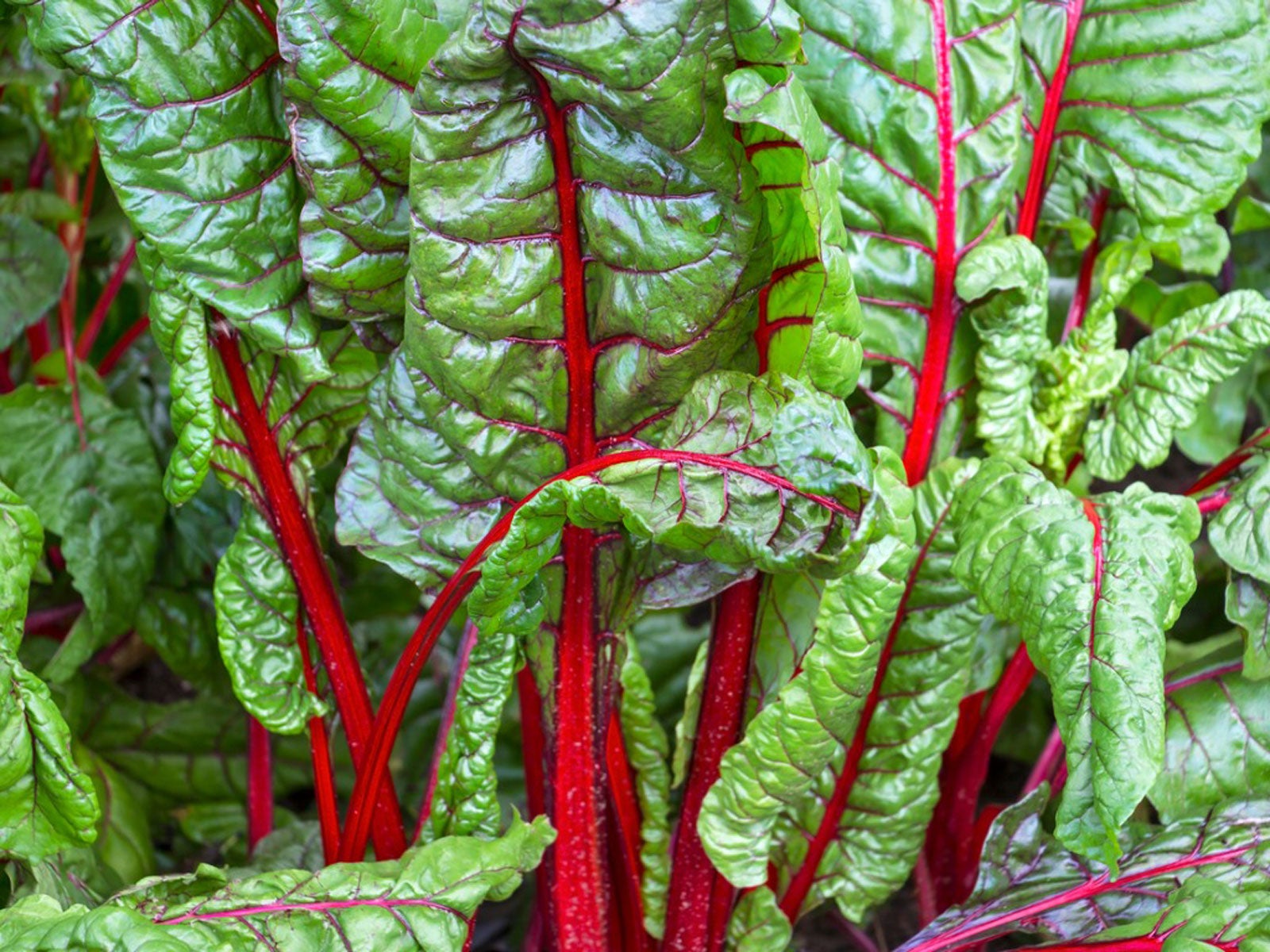
Chard is a leafy green vegetable that belongs to the same family as beets and spinach. Chard contains many antioxidants that help fight free radicals in the body by neutralizing their effects on healthy cells. Chard also contains vitamin K, which supports bone health, vitamin A which supports eye health, and antioxidant lutein, which protects against age-related vision loss.
- Broccoli

Broccoli is an excellent source of fiber, which helps lower cholesterol and regulates blood sugar. A good source of vitamin C and vitamin K. Broccoli also contains high levels of glucoraphanin. This compound boosts the body’s ability to detoxify carcinogens (carcinogens are capable of causing cancer).
- Cabbage
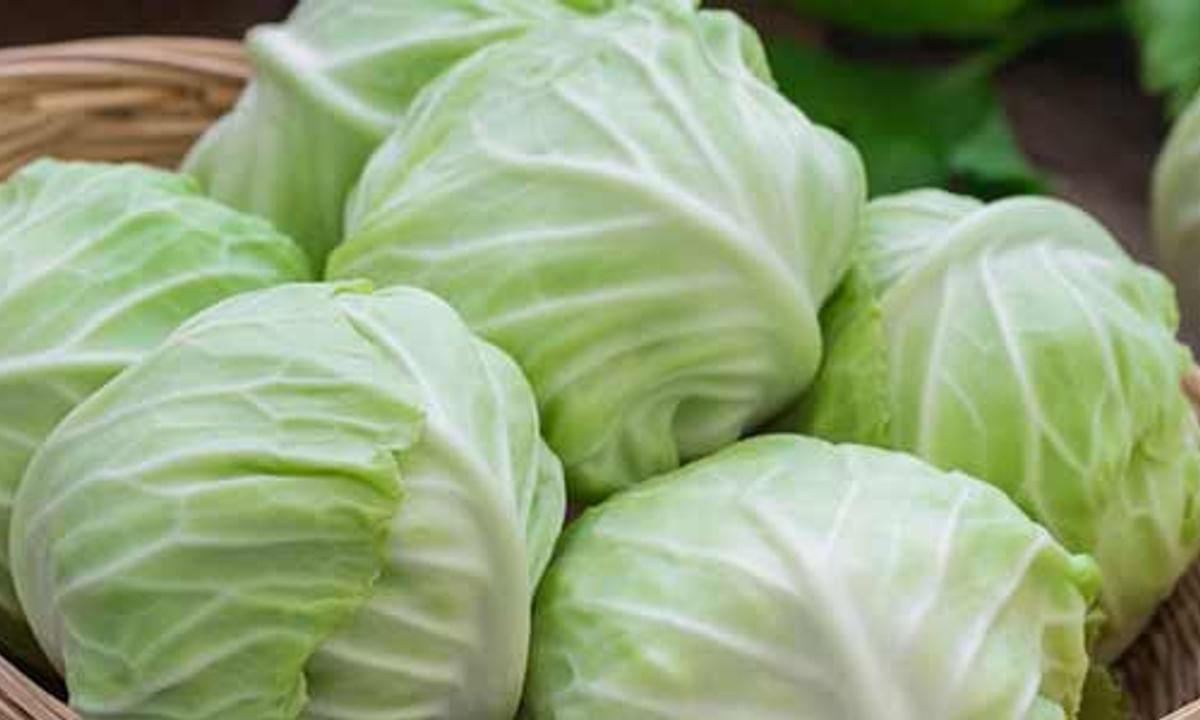
Cabbage is a great low-carb vegetable. It’s deficient in calories and high in fiber, so it will keep you feeling full longer and slow the absorption of sugar in your bloodstream. Cabbage is also rich in vitamins K and C, potassium, manganese, and B-vitamins. Cabbage contains a compound called indole-3-carbinol (I3C), which may help prevent certain types of cancer — particularly breast cancer.
- Green beans
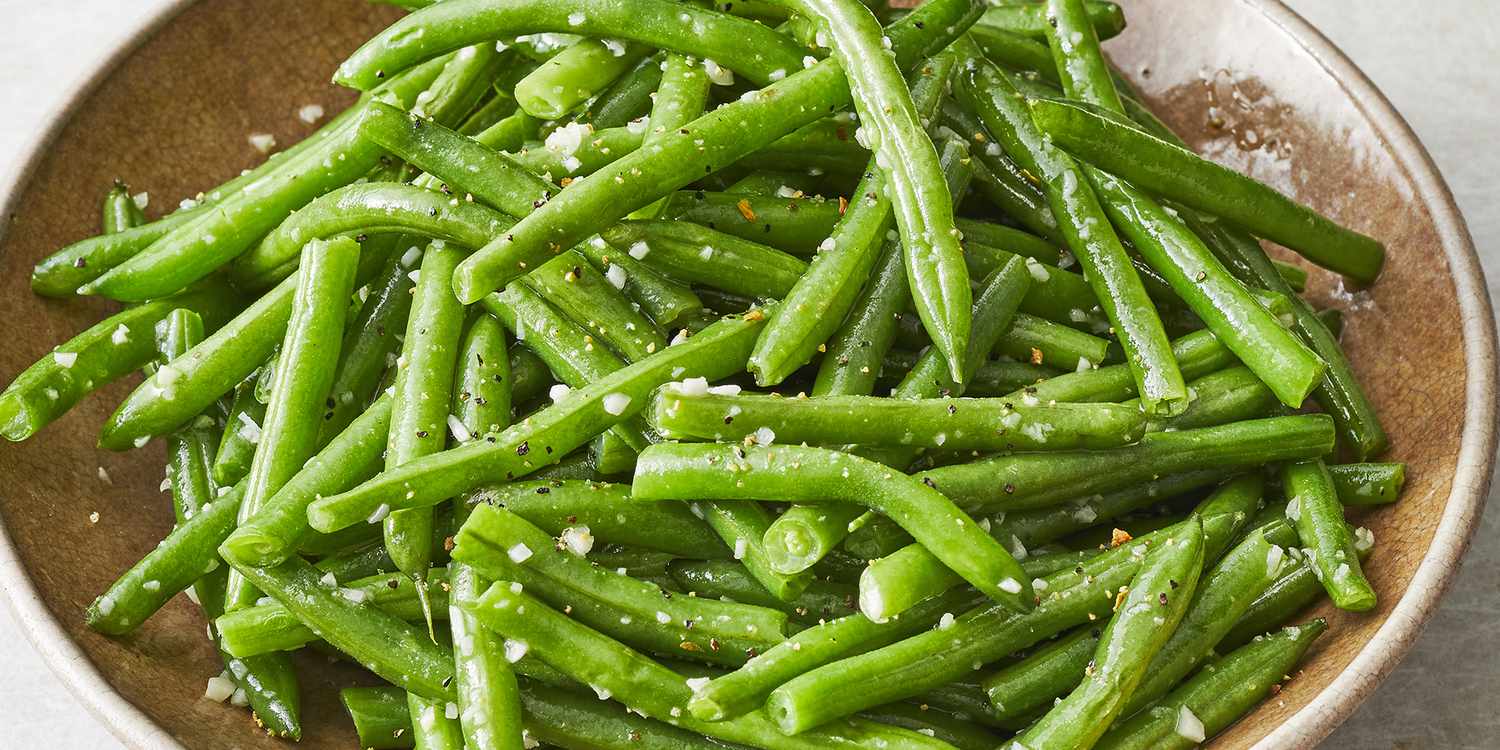
Beans are a great source of protein — they have about 7 grams per cup cooked. They’re rich in soluble fiber, which helps lower cholesterol levels and keeps you full longer than other types of carbs do.
- Spinach
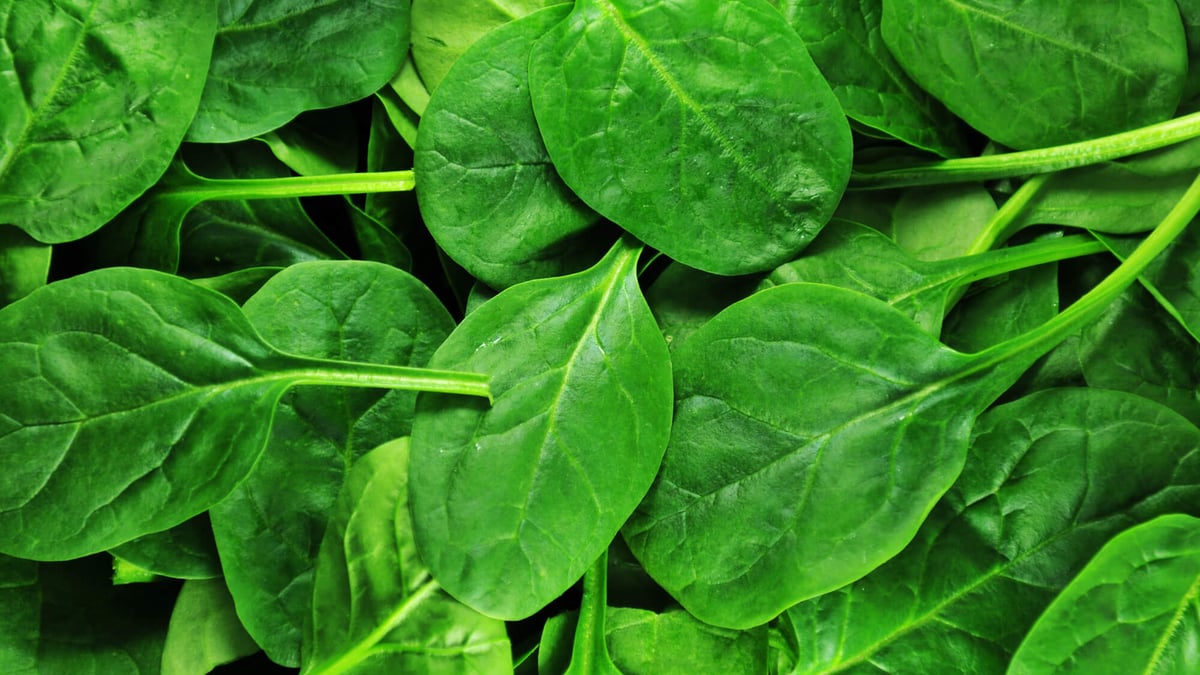
Spinach is another low-carb vegetable that’s packed with nutritional benefits. It’s an excellent source of vitamins A, C, E, and K, folate, and magnesium. Spinach also contains iron that helps boost your energy levels and maintain healthy blood circulation. Add spinach to soups or salads for a nutritious meal that won’t spike your blood sugar levels.
- Pears

Pears are a great source of fiber, vitamins, and minerals. They can help keep your blood sugar levels stable since it is low on glycemic levels, lower cholesterol levels and triglyceride levels, and reduce the risk of heart disease. They also contain lutein and zeaxanthin, which are beneficial for eye health.
Pears contain both soluble and insoluble fiber. Soluble fiber forms a gel-like substance in the digestive tract and slows digestion, which helps control blood sugar levels after meals. Insoluble fiber does not dissolve in water but adds bulk to stools, allowing them to pass through the digestive system more quickly.
- Oatmeal

Oats are made up of soluble fiber, so they help keep your blood sugar levels stable and your appetite satisfied. Plus, they contain cholesterol-lowering beta-glucan, linked to lower cholesterol levels.
- Almonds
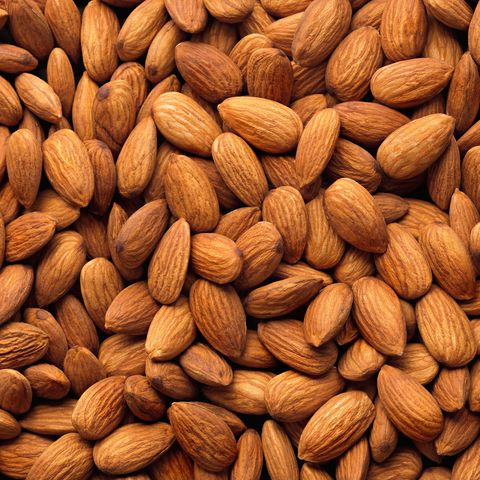
Almonds are rich in healthy fats, protein, and fiber. They contain more than 20 vitamins and minerals that can benefit your health. Almonds can lower LDL (bad) cholesterol levels and may also help control blood sugar levels in people who have diabetes. Almonds are also full of antioxidants that may protect against cancer and other diseases.
- Avocado
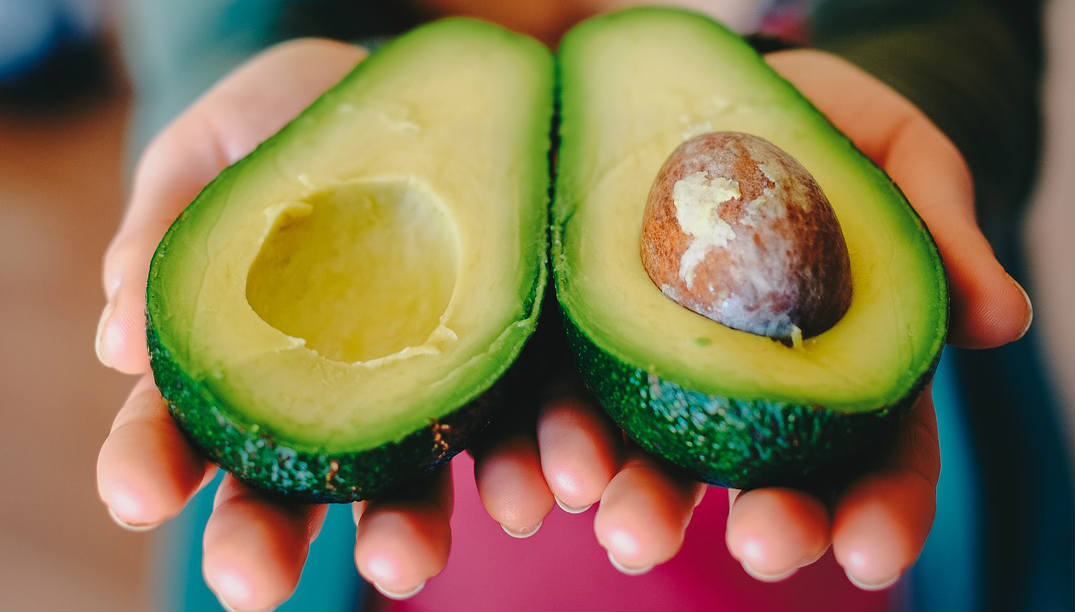
They are also high in fiber, which will keep you satisfied while keeping your blood sugar stable. Because they are packed with heart-healthy monounsaturated fats and potassium, avocados can help lower your blood pressure and reduce the risk of heart disease and stroke.






